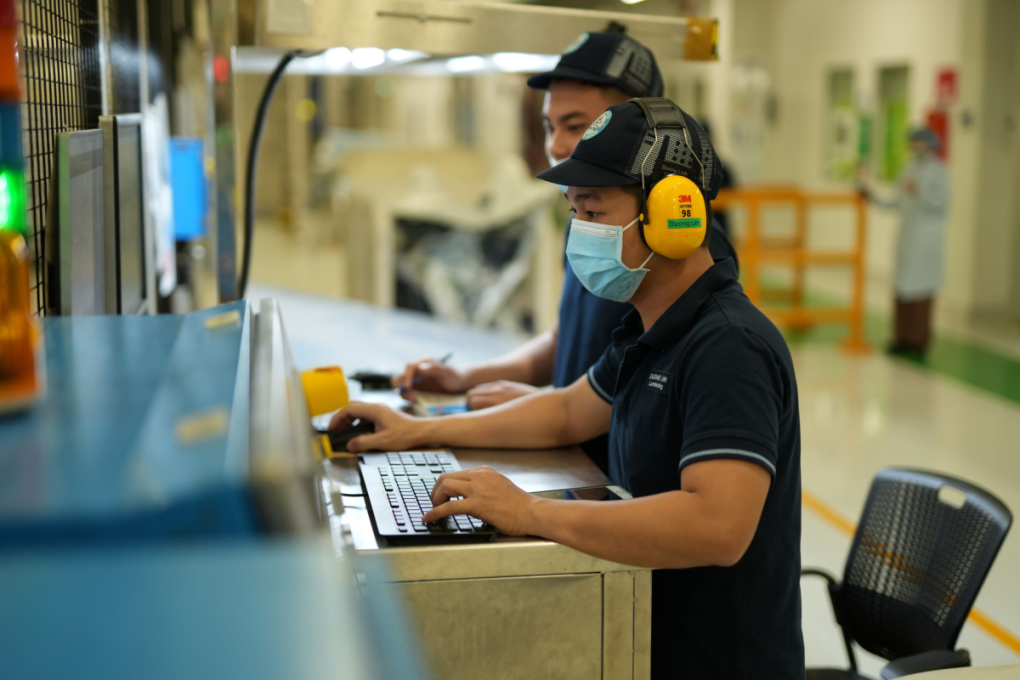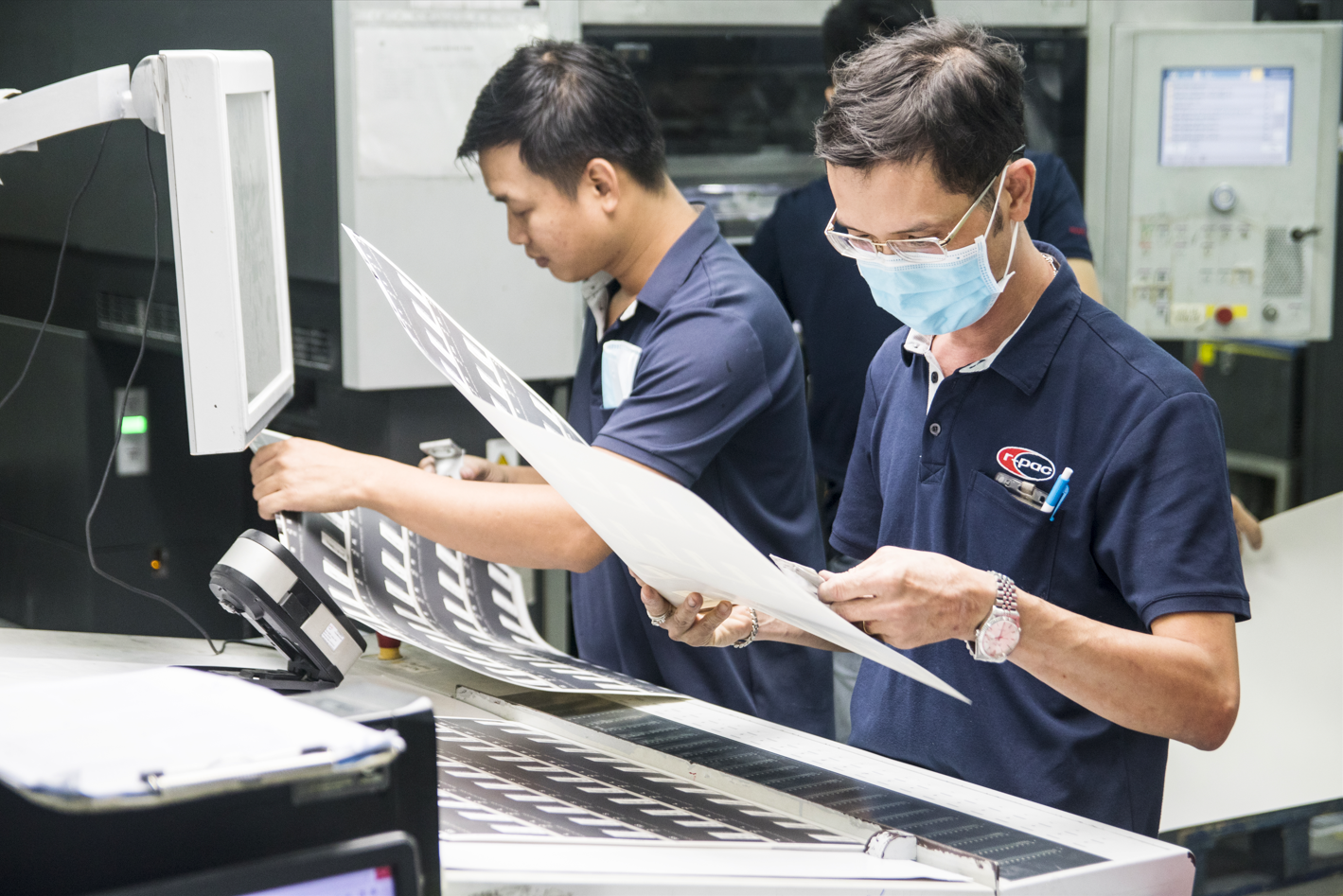Steps for green development strategy concretized
Provincial planning for 2021-2030, with a vision towards 2050, outlines a green development strategy. Accordingly, the province aims at greening its economy (green production, consumption, transportation, infrastructure, urban areas, rural areas and environment). For the province, green economic development is the driving force for maintaining the local growth and attracting sustainable investment.
Starting with green industrial parks
Binh Duong is accelerating the implementation of its tasks for 2020-2025, focusing on rapid and sustainable economic development through the strong application of science and technology, innovation and increased labor productivity. The province further develops its planning with the goal of harmonizing economic growth and environmental protection, emphasizing social welfare, improving growth quality and promoting sectors with high added value. This includes developing the local digital economy, circular economy, sharing economy and knowledge-based economy.

Green economic development is the driving force for Binh Duong to attract investment towards a green and sustainable future. In picture: Production activities at Tetra Pak Vietnam
Pham Ngoc Thuan, CEO of Becamex IDC noted that the trend of developing industrial parks (IPs) towards green and sustainable factors is attracting many investors. The smart-ecological IP is seen as a critical and inevitable new ecosystem, complementing the local current industrial-urban-service model.
Binh Duong is focusing on developing green industries with high added value. Specifically, the province has outlined two development phases: Phase 1 is focused on industrial-urban-service-smart-sustainable development while phase 2 will evolve into international industrial-urban-service sectors driven by innovation, science and technology. To further develop sustainable industries, province-based IPs are actively implementing measures to attract high-quality, effective investment capital.
Towards green production
In recent years, Binh Duong has emerged as a hub for many green projects. Notable examples include a carbon-neutral toy factory by Danish LEGO Group and a jewelry factory using 100% renewable energy by Danish Pandora Group. South Korea's SEP Group is also planning to invest in a carbon-neutral industrial complex specializing in footwear and low-carbon infrastructure in Binh Duong.

Production activities at R-PAC Vietnam Co.Ltd
Many enterprises in Binh Duong are taking green production as a strategy and competitive advantage. One of the pioneers is Tetra Pak, which produces packaging in Vietnam and has achieved the highest AA+ ranking from BRCGS, a quality management system set by the British Retail Consortium. Eliseo Barcas, General Director of Tetra Pak Vietnam stated that the company is committed to reducing greenhouse gas emissions from its operations to net zero by 2030. The company’s concrete actions further reaffirm its commitment to sustainable development.
Mai Hung Dung, Member of provincial Party Standing Committee and Permanent Vice Chairman of provincial People’s Committee emphasized that the construction of new-generation IPs is considered as a solution to address environmental issues, reduce resource waste and promote sustainable growth. Developing green IPs means engaging in cleaner production activities, minimizing negative environmental impacts and working towards the commitment to reduce carbon emissions to net zero by 2050. The green growth target will guide Binh Duong in attracting investment and effectively monitoring enterprises’ activities.
Reported by Ngoc Thanh-Translated by Kim Tin

